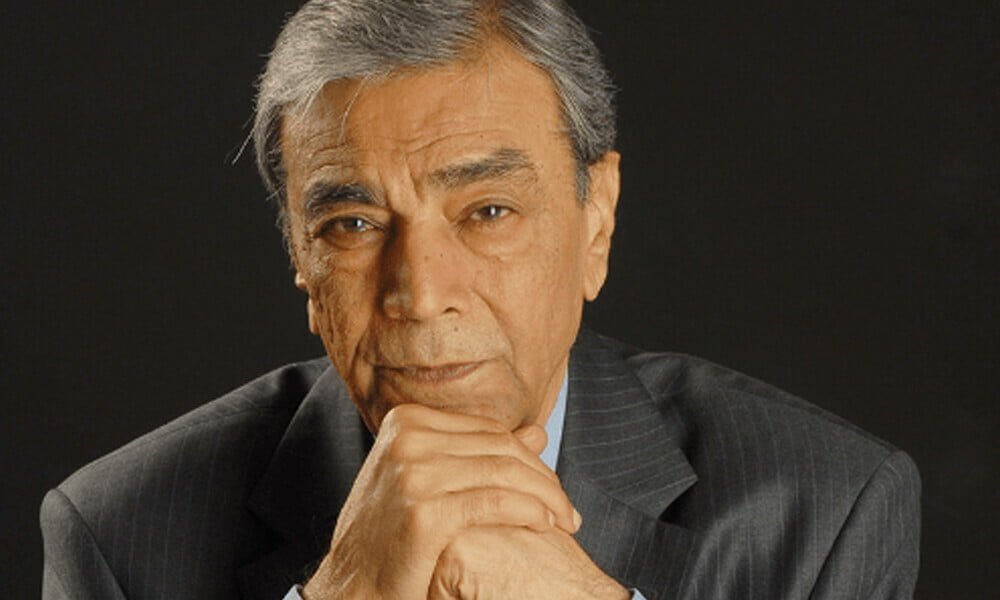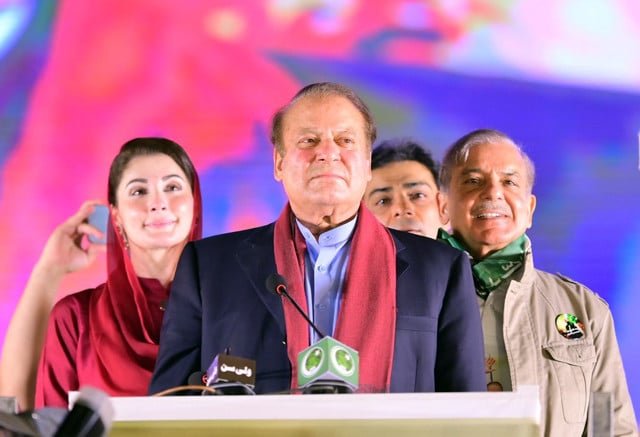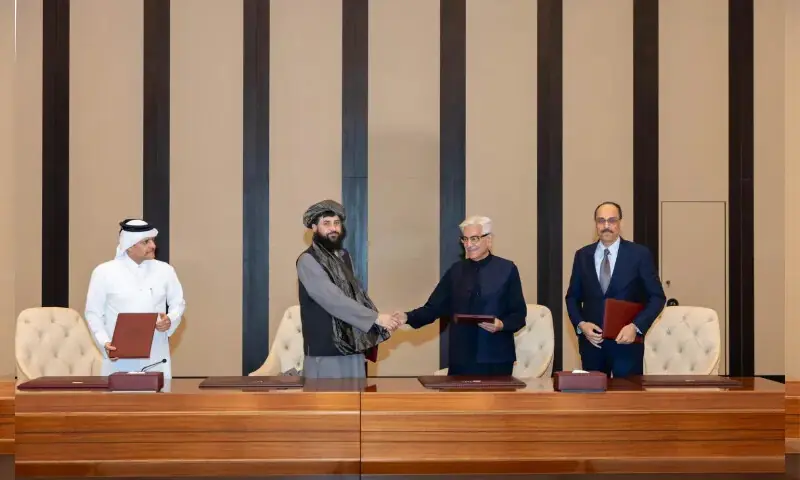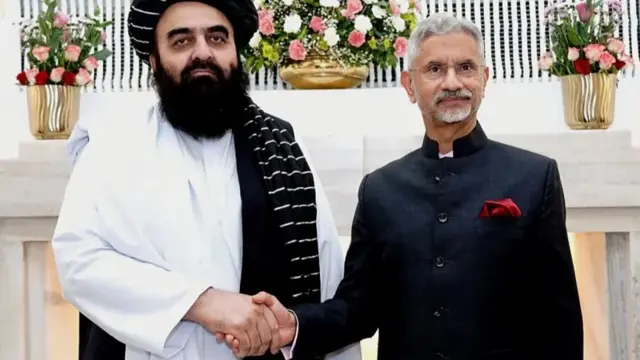EDITORIAL
Zia Mohyeddin was a literary genius of his age. His voice-over quality has been unique in the performing arts in Pakistan. He was an enterprising orator and an established artist. He inspired the aesthetical taste of the nation. He was a literary masterclass and had exquisite expression. His demise is the end of an era.
Zia Mohyeddin (June 1931 – 13 February 2023) was a British-Pakistani film actor, producer, director, and television broadcaster who appeared in Pakistani cinema and television, as well as in British cinema and television throughout his career.
Zia Mohyeddin became famous for his eponymously-named Pakistan Television talk show Zia Mohyeddin Show (1969–1973). He was also known for originating the role of Dr Aziz in the stage play A Passage to India. He also appeared in Lawrence of Arabia.
Zia Mohyeddin was born in Lyallpur (now called Faisalabad), British India (now in Pakistan), in a Punjabi family originally from Rohtak, East Punjab (now in Haryana), British India. His father, Khadim Mohyeddin, was a mathematician, musicologist, playwright, and lyricist associated with various theatre groups.
Zia spent his early life in Kasur and Lahore. He was trained at the Royal Academy of Dramatic Art in London from 1953 to 1956. After stage roles in Long Day’s Journey into Night and Julius Caesar, he made his West End debut in A Passage to India from 20 April to 3 December 1960 at the Comedy Theatre, which ran for 302 performances. He made his film debut in Lawrence of Arabia (1962), playing the role of Tafas (the Arab guide whom Omar Sharif shoots for drinking water from the wrong well). He then made numerous TV and film appearances. He worked for nearly 47 years as an actor in the United Kingdom.
His first wife was Sarwar Zemani, with whom he had two sons, Minos Ameer and Risha Ameen.
Mohyeddin returned to Pakistan in the late 1960s. Between 1969 and 1973, he hosted the popular television talk show, The Zia Mohyeddin Show, best remembered for Mohyeddin’s rap-style song segment, which he would introduce with his trademark phrase of “zara theka lagaiye”. He was appointed director of the PIA Arts Academy in 1973, a role he held until 1977. Around this time, he met and subsequently married the renowned Kathak dancer Nahid Siddiqui. Together they had a son, the percussionist and music producer Hassan “Moyo” Mohyeddin.
Following differences with the military regime of General Zia-ul-Haq, Mohyeddin returned to the UK in the late 1970s. During the 1980s, Zia worked in Birmingham, Great Britain, where he produced Central Television’s flagship multicultural programme, Here and Now (1986 – 1989), a weekly magazine program.
While working in Britain in the 1980s, he was asked in an interview by a Pakistani news reporter whether he missed Pakistan. He replied that he did, that it was his home country, and that he missed his friends there and the people of Pakistan.
Mohyeddin then travelled the world giving Urdu poetry and prose recitations and was considered the foremost reader of Urdu literature. In addition, he is also famed for his readings of English letters and literature. He had a unique expression. He never amalgamated English and Urdu languages. He always spoke the best of Urdu and never used English words. In the mid-1990s, Mohyeddin married Azra, his third wife, with whom he had a daughter, Aaliya Mohyeddin, born in 2002 when Zia was nearly 70 years old.
In February 2005, the then-president of Pakistan, Pervez Musharraf, invited Mohyeddin to form the National Academy of Performing Arts in Karachi, of which he had been president since its inception. After having a successful life, Mohyeddin died on 13 February 2023 at the age of 91.
He was a marvellous performer. His oratory would outshine all his colors of literature. He set the tone to anchor a SHOW. His unique style of expression delivery and diction quality made him the most outstanding orator in Pakistan. The literary persona in Pakistan mourns his death and celebrates his excellent work. May Allah bless his soul!














